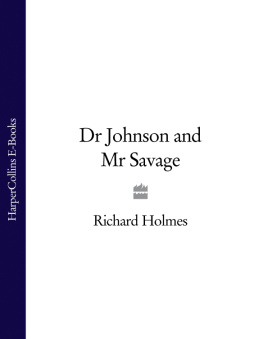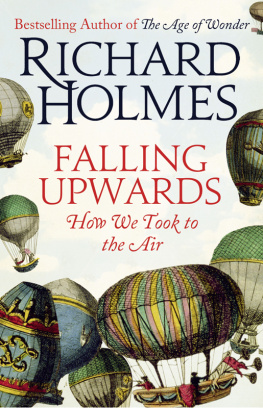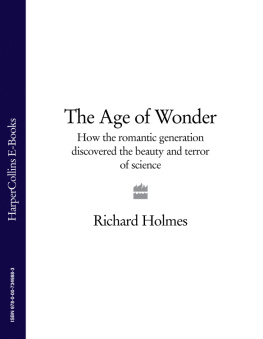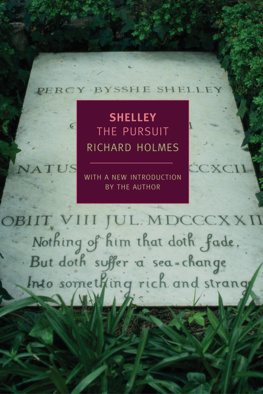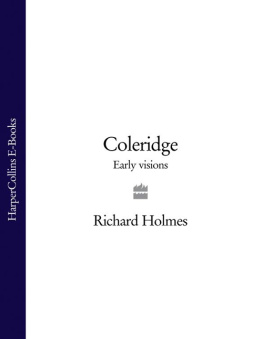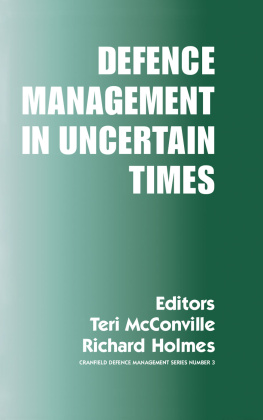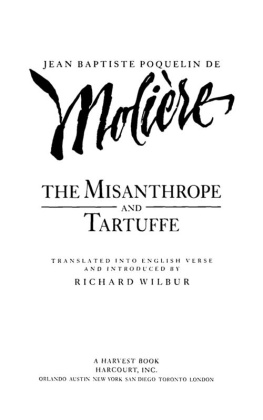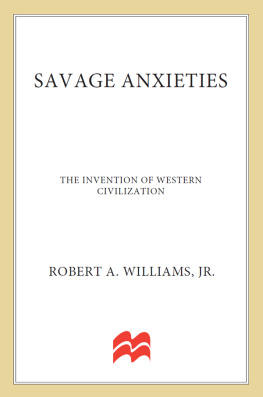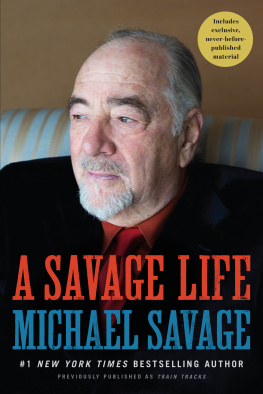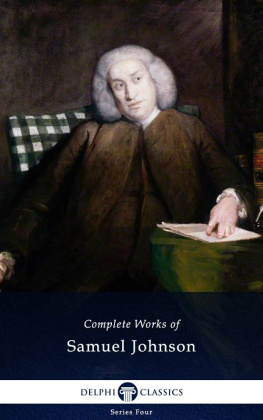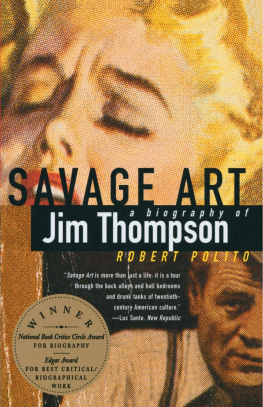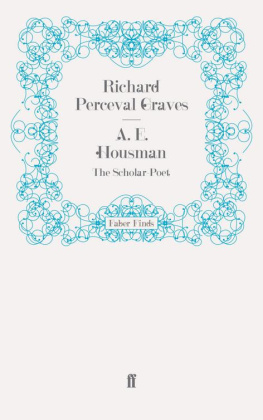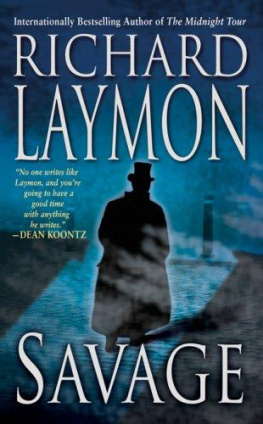For as Johnson is reported to have once said, that he could write the Life of a Broomstick.
To do this, he read and annotated over two hundred thousand passages from innumerable English authors across four centuries. He marked up these passages, and handed them to his clerks in his attic at Gough Square to be entered into eighty large vellum notebooks.
He was working at great speed, and he chose his illustrations entirely at random. Most of them are from the great classics of English literature, such as Shakespeare, Milton, Dryden and Pope. But of the 116,000 quotations eventually included, he chose seven from the works of his strange friend Richard Savage. These quotations, and the seven words they illustrate, may have a curious significance. Since they were chosen rapidly and at random, from such a vast source, they could be thought to reveal unconscious links and symbolic meanings. If considered as a form of association-test, these seven words must instinctively have brought Richard Savage to Johnsons mind. Thus, to an analyst they might suggest something about the nature of that most puzzling relationship. Here are the seven words, and their illustrations, in alphabetical order.
Chapter 1
Death
Everyone knows the great Dr Johnson, and the scholars seem to know him in minutest detail; almost no one knows anything definite now about the obscure, minor poet Richard Savage. But Johnson and Savage were friends intimate friends in London for about two years in the 1730s. In those dark days in the city, dark for them both in many senses, the position was almost exactly reversed. Johnson was then unknown, and Savage was notorious. Thereby hangs a small, but haunting mystery of biography.
Sir John Hawkins, Johnsons earliest official biographer, thought the friendship was the single most inexplicable fact about Johnsons entire career. With one person, however, he commenced an intimacy, the motives to which, at first view, may probably seem harder to be accounted for, than any one particular in his life. This person was Mr Richard Savage
James Boswell, in a moment of rare agreement with Hawkins, thought much the same: Richard Savage: a man, of whom it is difficult to speak impartially, without wondering that he was for some time the intimate companion of Johnson; for his character was marked by profligacy, insolence, and ingratitude
One of the few facts that can be stated without contradiction about Richard Savage was that he died in 1743. So one might begin with his obituary.
Mr Richard Savage, Gent. Report has just reached us in the Bristol mails, of the Demise of Mr Richard Savage, son of the late Earl Rivers, in the debtors Confinements of Bristol Newgate gaol. Mr Savage will be recalled as the unhappy Poet and author of The Wanderer, convicted at the Old Bailey on a capital charge of Murder, and sometimes Volunteer Laureate to her Gracious Majesty Queen Caroline.
Much obscurity attends the Passage of his early life. We have it on his own Authority that he was born in the parish of St Andrews, Holborn, in 1698, the bastard Son of the present Mrs Anne Brett, then Lady Macclesfield (though she never acknowledged his Claim), and the late 4th Earl Rivers of Rivers House, Great Queen Street, Holborn. These Circumstances are obliquely referred to in his memorable poem The Bastard first given to the World shortly after his Trial in 1728.
Mr Savage first came to Notice with two Spanish dramas, and his Tragedy of Sir Thomas Overbury produced at Drury Lane by Mr Cibber in 1723. He was befriended by the essayist Sir Richard Steele, and published a number of poetical Works in The Plain Dealer magazine of Mr Aaron Hill, who proclaimed his Merits and drew attention to his Plight. He became associated with Mr Alexander Pope of Twickenham, and is rumoured to have supplied many of the Scurrilities that furnished the latters poetical Satire of The Dunciad.
As a frequenter of the Coffeehouse, the Salon, and the Green Room, Mr Savage found his Name connected with many of the illustrious Ladies of the day, including the actress Mrs Anne Oldfield, the poetess Martha Sansom, and that assiduous writer of Scandalous romances, Mrs Eliza Haywood.
In November 1727, in consequence of an Affray at Robinsons Coffeehouse, Charing Cross, he was arrested on a capital charge of Wounding and Murder, found guilty by a Grand Jury Court at the Old Bailey under the direction of Judge Page, and condemned to suffer execution at Tyburn. His Case became celebrated among the Literati and Beau Monde of the capital, and in consequence of the Intercession of his kinsman Lord Tyrconnel and the renowned Patroness of poets my Lady Hertford, he received the Royal Pardon in February 1728.
In relating his Misfortunes, it is remarkable that Mr Savage always afterwards stated that his Mother Mrs Anne Brett, the former Lady Macclesfield, had unaccountably urged the Execution of his sentence against all representations of Mercy, and that it was only the gracious Intercession of her Majesty Queen Caroline which saved him from the Hangmans Noose. Mr Savage immediately thereafter tasted the delights of Celebrity, and applied precipitously for the position of Poet Laureate; which, failing to obtain, he appointed himself Volunteer Laureate to the Queen thereby obtaining an Allowance of 50 per annum until her majestys death in 1737. These Facts we have on the Authority of Mr Thomas Birch of the Royal Society.
Mr Savage now came under the Patronage of his generous kinsman Lord Tyrconnel, to whom his poem The Wanderer is dedicated. But in consequence of some Misunderstanding, he shortly reverted to his previous condition of Poverty, and with the Cessation of the Queens allowance, he was thrown once more upon his Wits and his Friends, in the Town. He once again began to publish a number of poetical Works, in the new Gentlemans Magazine of Mr Edward Cave at St Johns Gate, Clerkenwell, among which was his poem Of Public Spirit (1737); but was menaced with a charge of Obscene Libel for his poem The Progress of a Divine.

